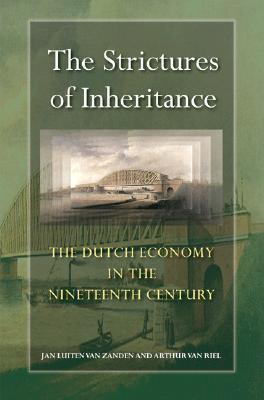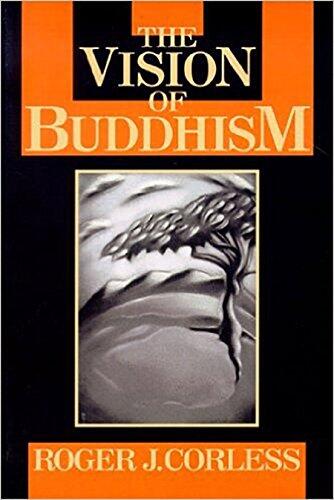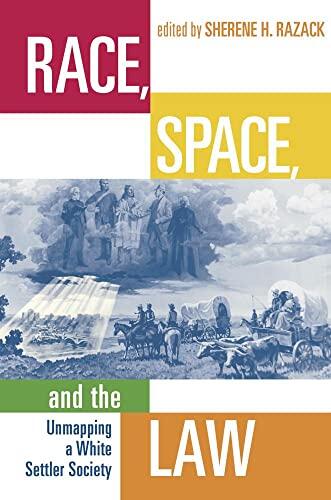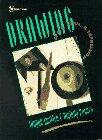
The Strictures of Inheritance: The Dutch Economy in the Nineteenth Century
Pas encore d'évaluations
History
Format
Relié
Pages
416
Langue
Anglais
Publié
Apr 18, 2004
Éditeur
Princeton University Press
ISBN-10
0691114382
ISBN-13
9780691114385
Description
A profound exploration of the Dutch economy during the nineteenth century unfolds through meticulous research and synthesis. The authors weave a narrative that reveals the intricate tapestry of economic policies, market dynamics, and social structures that shaped the Netherlands during this transformative period. Utilizing a wealth of primary sources and historical data, they provide readers with a deep understanding of the forces that influenced economic development and societal change.
Through their analysis, they illuminate how inherited wealth and family legacies influenced the economic landscape. The interconnectedness of social hierarchy and economic opportunity becomes a focal point, offering insights into the disparities that shaped everyday life in the Netherlands. The authors critically examine how these structures influenced policies and reforms, ultimately impacting the broader European context.
The book stands out for its interdisciplinary approach, blending economic history with sociology and political science. This multifaceted lens allows readers to appreciate the complexities of the historical narrative and the intricate relationships between various societal elements. As they delve into the micro and macro aspects of the economy, they highlight the persistent relevance of these themes in contemporary discussions around inheritance and equity.
With its rigorous scholarship and engaging prose, this work not only enriches the academic landscape but also invites readers from diverse backgrounds to reflect on the enduring implications of economic structures. The authors’ dedication to uncovering the nuances of the past ensures that this volume serves as an essential resource for anyone interested in the evolution of economic thought and the historical context of modern capitalism.
Through their analysis, they illuminate how inherited wealth and family legacies influenced the economic landscape. The interconnectedness of social hierarchy and economic opportunity becomes a focal point, offering insights into the disparities that shaped everyday life in the Netherlands. The authors critically examine how these structures influenced policies and reforms, ultimately impacting the broader European context.
The book stands out for its interdisciplinary approach, blending economic history with sociology and political science. This multifaceted lens allows readers to appreciate the complexities of the historical narrative and the intricate relationships between various societal elements. As they delve into the micro and macro aspects of the economy, they highlight the persistent relevance of these themes in contemporary discussions around inheritance and equity.
With its rigorous scholarship and engaging prose, this work not only enriches the academic landscape but also invites readers from diverse backgrounds to reflect on the enduring implications of economic structures. The authors’ dedication to uncovering the nuances of the past ensures that this volume serves as an essential resource for anyone interested in the evolution of economic thought and the historical context of modern capitalism.
Avis
Aucun avis pour le moment
Soyez le premier à donner votre avis sur ce livre et partagez vos pensées
Ajouter le premier avisJournal de lecture
Aucun journal de lecture trouvé
Commencez à suivre vos progrès de lecture pour voir les journaux ici
Ajoutez votre premier journal de lectureNotes
Journal des transactions
Aucun journal de transactions trouvé
Commencez à suivre vos transactions de livres pour voir les journaux ici
Ajoutez votre premier journal de transactions


















